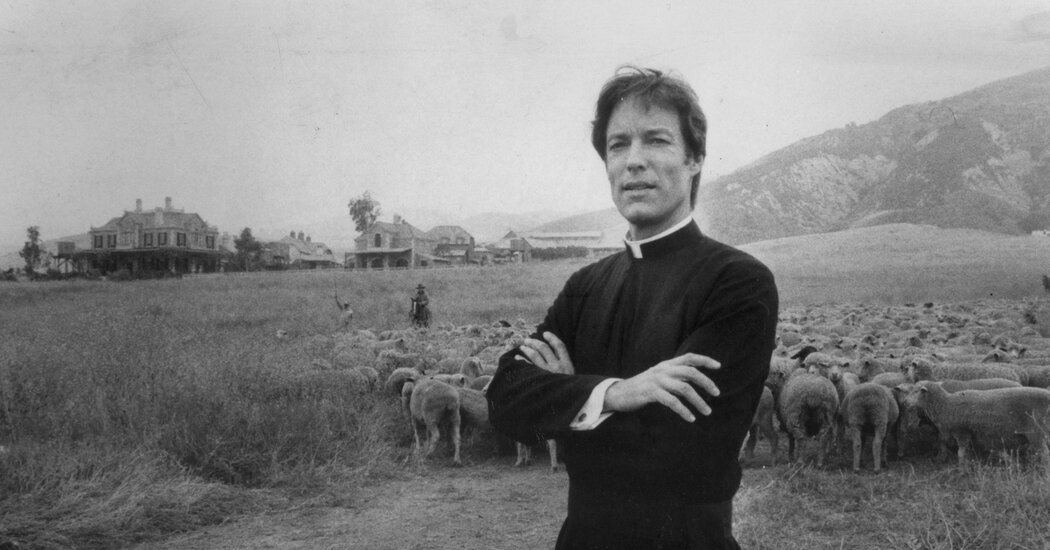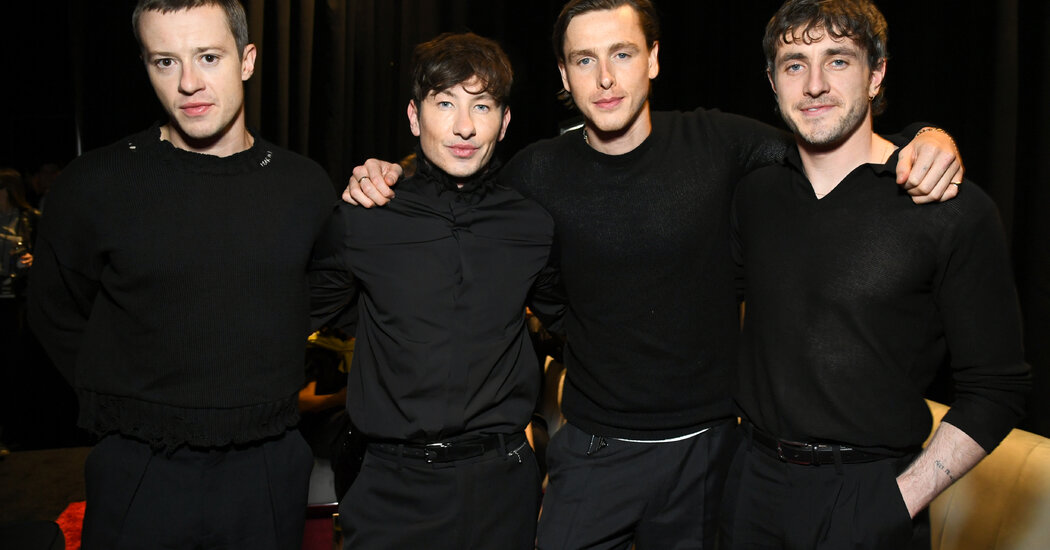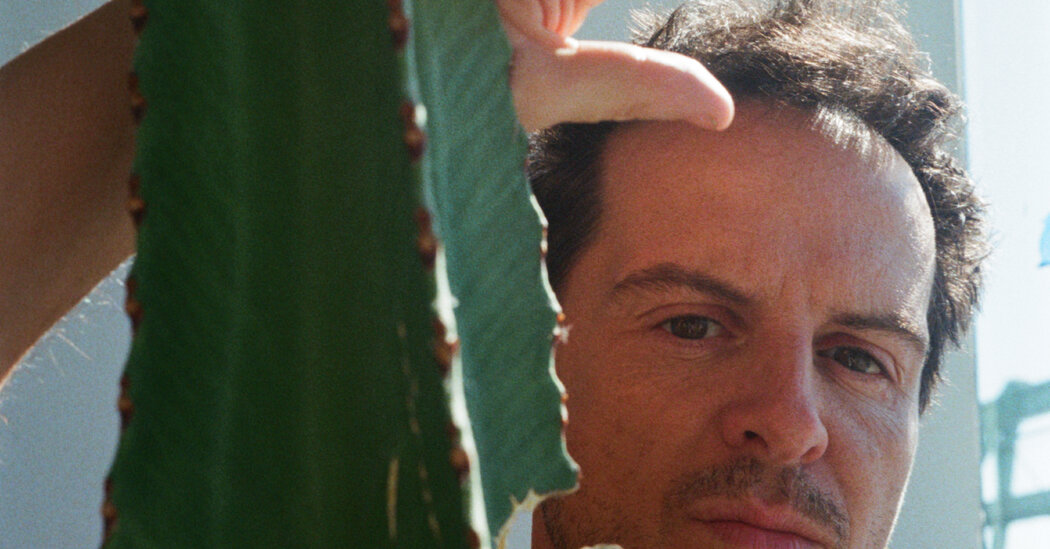Remembering Richard Chamberlain: The King of Mini-Series
In an era when mini-series captivated prime time television, Richard Chamberlain emerged as the genre’s most prominent star. Today, we refer to these productions as “limited series,” but during their peak in the 20th century, mini-series represented a unique and grand form of entertainment. These lavish events brought cinematic spectacle into the living rooms of audiences across the nation, creating a distinct experience that was both immersive and unforgettable.
Throughout the 1970s and 1980s, several mini-series, including “Roots,” “The Winds of War,” and “Lonesome Dove,” dominated television discussions and helped launch the careers of many actors. However, no one is more synonymous with the mini-series phenomenon than Chamberlain, who passed away on Saturday at the age of 90. His iconic roles in “Shogun” and “The Thorn Birds” solidified his status as a leading figure of this genre.
Although I was too young to experience Chamberlain’s mini-series as they first aired, I found myself captivated by the impact of his performances. His earlier role in “Dr. Kildare,” a medical drama from the 1960s that first established him as a heartthrob, was before my time. Nevertheless, his landmark performances in mini-series shaped my understanding of the television medium and what it meant to be a TV star.
Chamberlain’s mini-series were akin to luxury liners and time machines, whisking viewers away to distant lands and bygone eras in a way that regular series simply could not. In “Shogun,” he portrayed John Blackthorne, an English navigator ensnared in the complexities of feudal Japan. Meanwhile, in the emotional epic “The Thorn Birds,” his character, Father Ralph de Bricassart, grappled with his forbidden love for a young woman from a prominent Australian sheep ranching family.
While the lavish locations and hefty budgets of these productions contributed to their grandeur, it was Chamberlain’s commanding screen presence that truly brought them to life. Trained as a Shakespearean actor, he possessed the ability to infuse historical characters with warmth and authenticity. He embodied the dignity required to elevate the stories while also delivering the emotional depth necessary to make them resonate with audiences.
Although Chamberlain was a signature star of the 1980s, his appeal was deeply rooted in the previous decades. He was an emotive performer, with striking features that became the perfect canvas for portraying fervor, anguish, and longing. Unlike the muscular masculinity that defined the era’s icons like Stallone and Schwarzenegger, Chamberlain’s charm lay in his ability to express vulnerability and passion.




